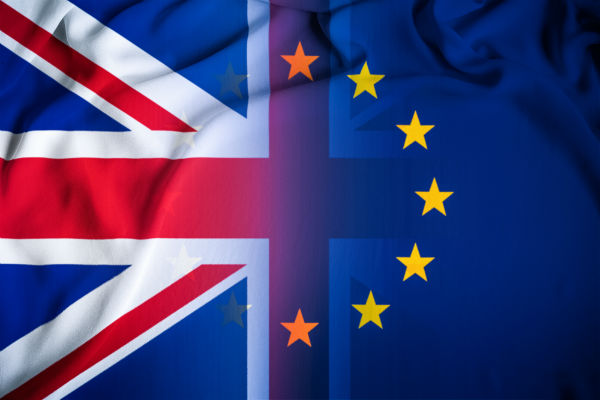As the UK now moves towards the certainty of Brexit at midnight in Brussels on 31 January 2020 and the probability of a transition period up to 31 December 2020, right holders will wish to ensure they are ready to deal with the changes that Brexit will bring. We set out a checklist of the key points below[i].
European Union trade marks (EUTMs)
These are registered trade marks covering the whole of the EU. EUTMs will continue in force in the UK until the end of the transition period at which point they will cease to be enforceable in the UK and EUTM holders will be entitled to an equivalent UK national trade mark, which will be automatically granted. The EUTM should continue to be enforceable in the EU27, although in some cases, application for national trade marks in key European markets may also be advisable. UK national trade marks will not be affected.
Registered Community designs (CRDs):
These are registered design rights covering the whole of the EU. As for EU trade marks above, they will continue in force in the UK until the end of the transition period. At this point CRD holders will be entitled to equivalent UK national rights, which will automatically granted. The CRD will continue limited to the EU27 countries.
Unregistered Community designs (UCDs)
These are unregistered design rights covering the whole of the EU. At the end of the transition period existing UCDs will continue to be enforceable in the UK for the remainder of their term (total term is 3 years) and the UK is also expected to introduce similar UK unregistered design protection going forward. Unregistered design owners should also consider applying for UK registered design right protection for key designs, an easy and inexpensive procedure.
Pending applications for EUTMs and CRDs
Applicants will have an opportunity to file for an equivalent UK registered trade mark or registered design based on the existing priority and seniority of their original EU application.
Patents
Currently, all patents in the UK have UK national effect only. This includes UK national patents and European Patents (UK), which are obtained through the European Patent Office, a non-EU body. These will not be affected by Brexit.
Geographical indications (GIs)
Existing GIs protected under EU regulations will continue to be protected both in the EU and in the UK after the transition period. Going forward, the UK intends to set up its own GI scheme broadly mirroring the current EU regime. UK producers will still be able to apply for EU GI status and vice versa.
Copyright
Copyright is an unregistered UK national right which will not immediately be affected by Brexit. However, in areas where EU legislation provides for reciprocal, copyright-related protections and arrangements between member states, the UK will not be able to secure equivalent reciprocal rights in other member states after the transition period without a deal. Areas that may be affected include:
- Portability of online content
- Satellite broadcasting
- Cable retransmissions
- Collective rights management
- Digitising works in cultural heritage institutions
Database rights
After the transition period UK citizens, residents and businesses will no longer qualify for database right protection in EEA Member States. A new, UK-only right is expected to be made available to UK stakeholders but will not be enforceable outside the UK. The UK is expected to honour database rights existing at the end of the transition period, whoever owns them, but EEA states will not be obliged to reciprocate.
Parallel trade
Companies trading in IP protected goods (e.g. branded goods) are likely to be affected by changes in the rules about free movement of goods after the transition period. This may depend on any trade deal the UK is able to negotiate with the EU27 during the transition period. In the absence of an agreement at the end of the transition period rights holders may be able to prevent goods that have been put on the market in the UK being exported to the EU27.
IP licences
Licensors and licensees should review existing licences to ensure that definitions – for example, the definition of the Licensed Territory – still operate as intended. They may also wish to consider whether licensing arrangements which treat the EU/EEA as a single licensed territory remain appropriate.
Contact our experts for further advice
[i] This checklist does not take account of what might (or might not) be agreed in further negotiations during the transition period.

 Tom Lingard
Tom Lingard  Charlotte Tillett
Charlotte Tillett